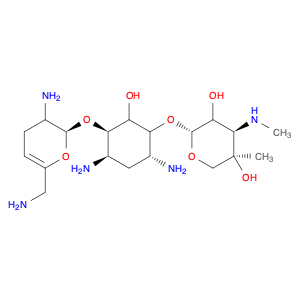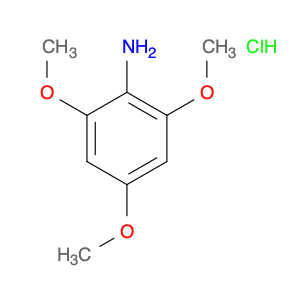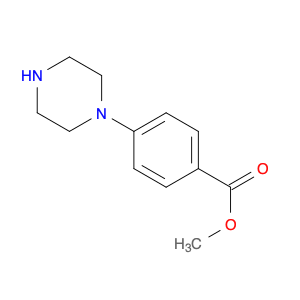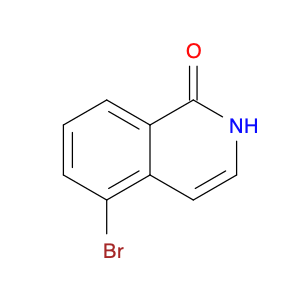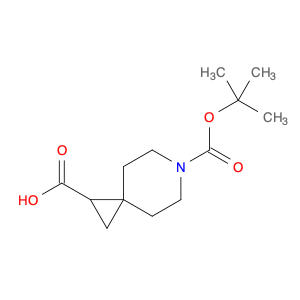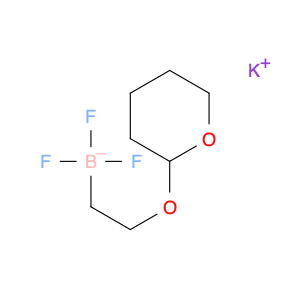Sisomicin sulfate is a vital compound often employed in chemical synthesis processes for its unique properties and versatile applications. As a potent aminoglycoside antibiotic, Sisomicin sulfate demonstrates exceptional efficacy in inhibiting bacterial protein synthesis by binding to the 30S ribosomal subunit. This mechanism of action allows for the selective suppression of bacterial growth, making it a valuable tool in research and development within the chemical industry.In chemical synthesis, Sisomicin sulfate is utilized as a key component in the creation of novel compounds and pharmaceutical intermediates. Its ability to target specific protein synthesis pathways in bacteria enables chemists to design and produce specialized molecules with enhanced biological activity and therapeutic potential. By incorporating Sisomicin sulfate into synthetic reactions, researchers can precisely manipulate molecular structures and optimize reaction yields, contributing to the creation of innovative chemical products.Furthermore, Sisomicin sulfate's broad spectrum of antibacterial activity makes it a preferred choice for the synthesis of antibacterial agents and drug candidates. Its high potency against a wide range of pathogenic bacteria provides a foundation for developing new antibiotics and antimicrobial agents with improved efficacy and reduced resistance. By integrating Sisomicin sulfate into synthetic protocols, chemists can explore diverse chemical pathways and optimize the synthesis of bioactive compounds with significant implications for pharmaceutical advancements.Overall, the application of Sisomicin sulfate in chemical synthesis offers a valuable platform for exploring new avenues in drug discovery, molecular design, and pharmaceutical development. Its unique mechanism of action and versatile properties make it a valuable tool for researchers seeking to innovate and push the boundaries of modern chemistry.
 sales@aaronchem.com
sales@aaronchem.com
